ChatGPT Is Knock Knock Knockin' on Spotify's Door
Good luck keeping it closed against machine-generated music.
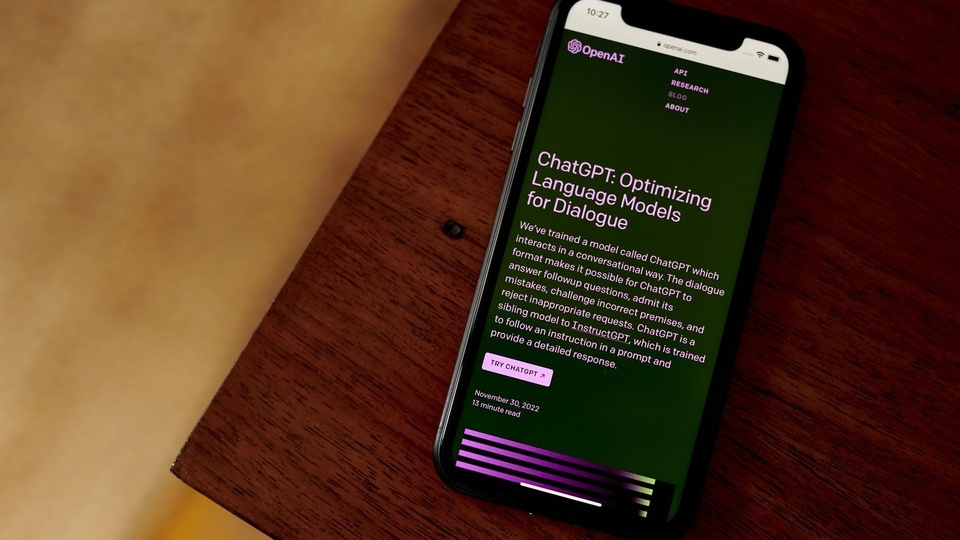
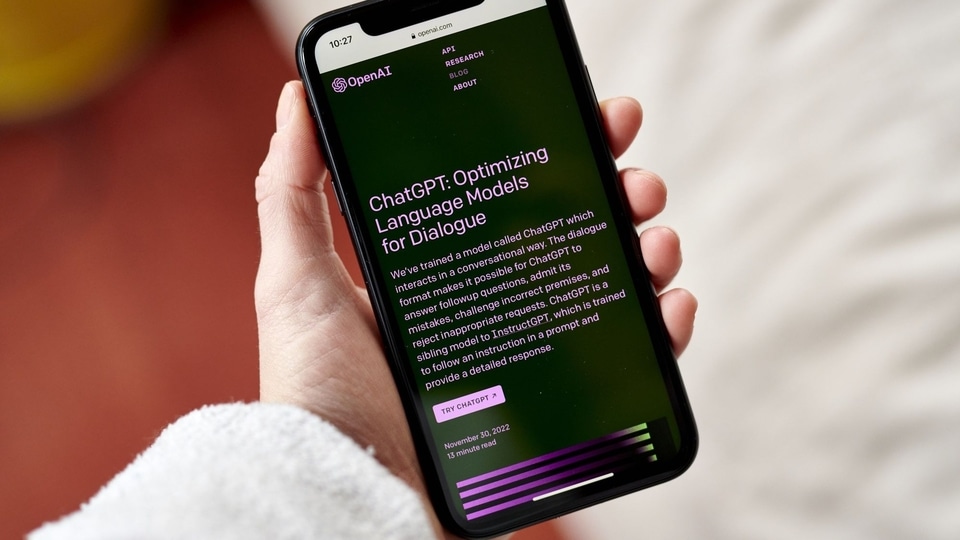
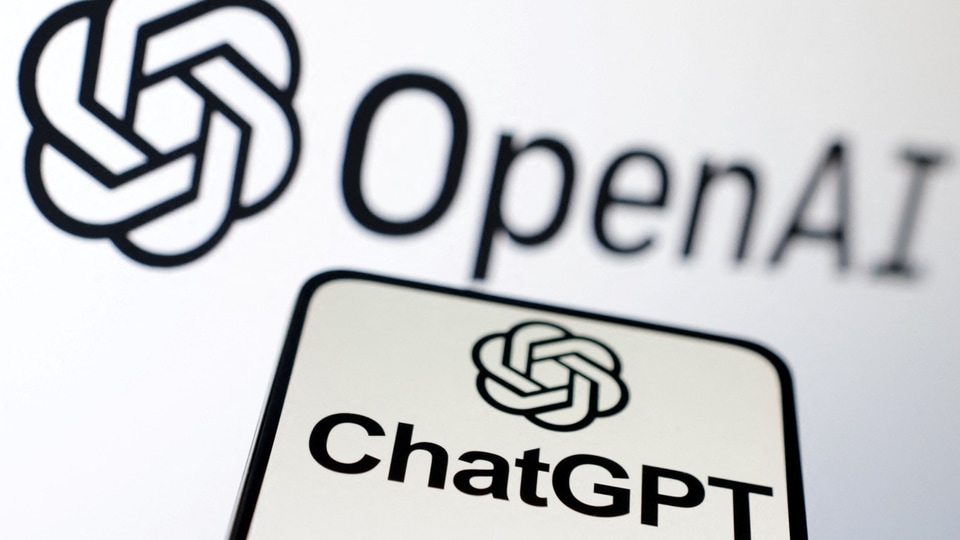
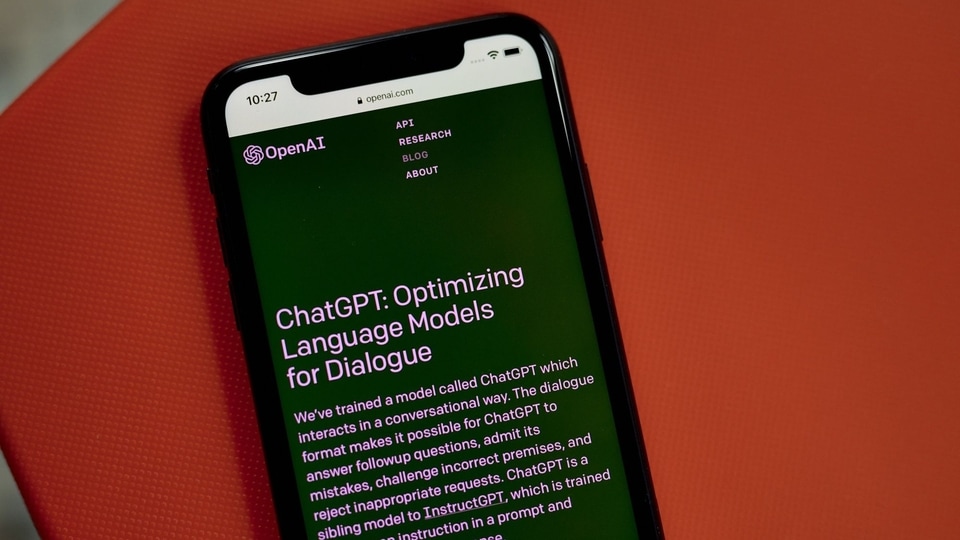
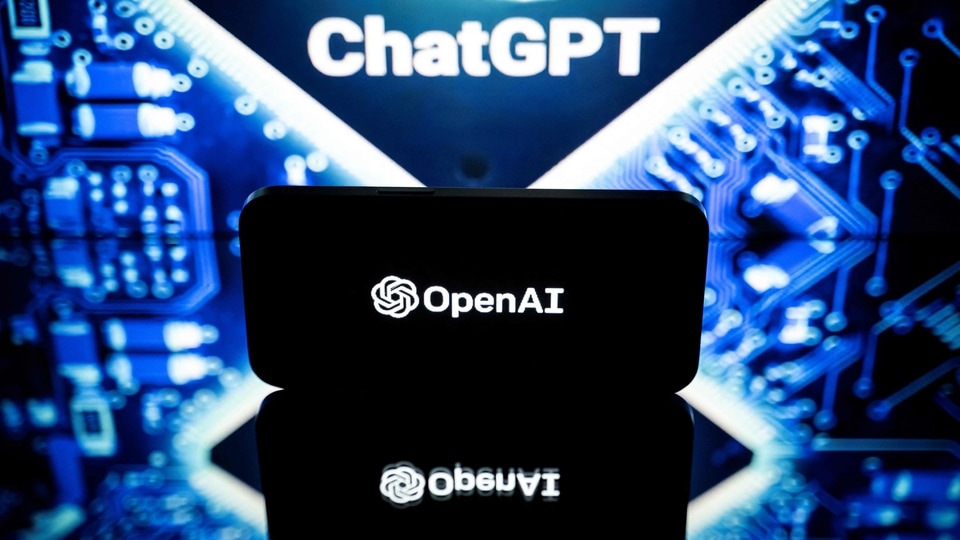
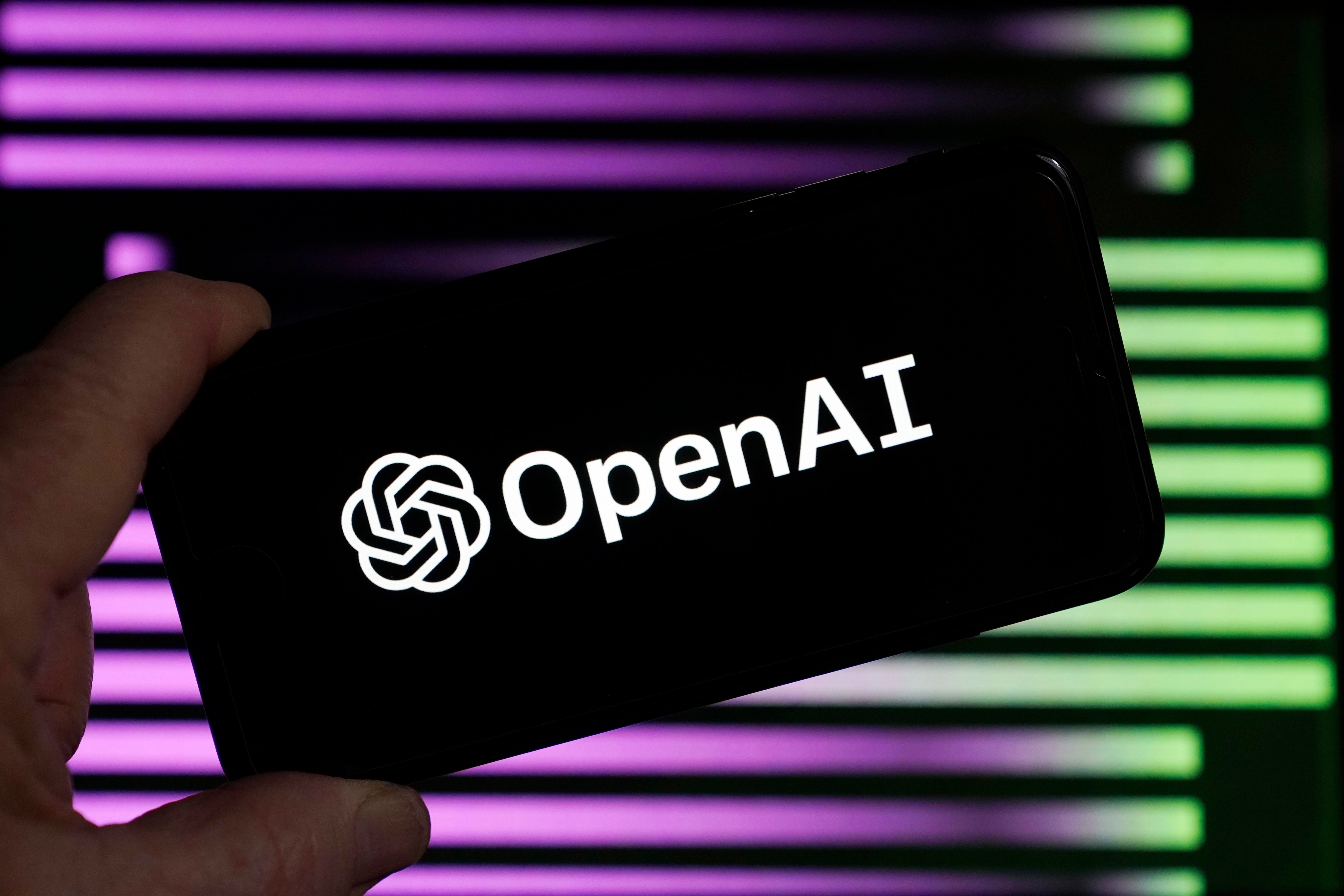
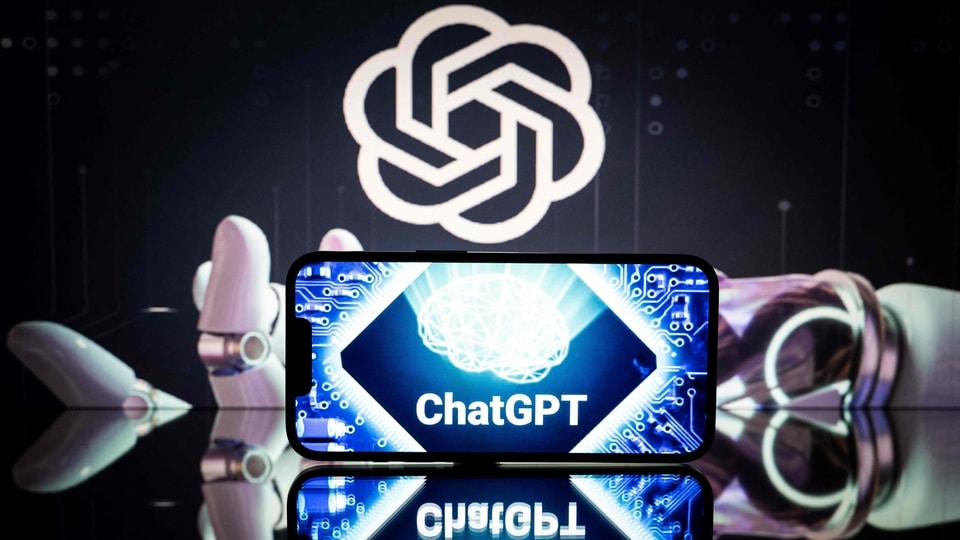
 View all Images
View all ImagesSongwriter James Blake's most recent album, Wind Down, plays in my ears on my way to meet Oleg Stavitsky, the co-founder of Berlin-based audio-technology company Endel. As sunshine turns to rain, the melancholic, piano-led ambient tracks echo my mood. That may not be a coincidence, says Stavitsky, pointing to the album's credits where Endel is cited alongside Blake as co-creator of the music.
While Wind Down carries Blake's name and face, and was mixed from his ingredients — he provided individual “stem” tracks featuring drumbeats and melodies — Endel's technology generated the final product. Its sound engine, trained on thousands of in-house stems, creates personalized “soundscapes” for listeners by adjusting to externalities such as listeners' heart rates, the temperature or the time of day. Stavitsky cites Brian Eno's “generative music” as an inspiration, with humans building a framework that machines can then arrange and rearrange.
If music AI's Turing Test is good taste, the Blake-Endel album doesn't pass mine. I prefer soundscapes that are a little less chilled. But I'm not Endel's target audience. “Functional” music — whale song, white noise, anything designed to play in the background — garners 10 billion streams per month, Stavitsky says, double last year's total and contributing between 7% to 10% of the entire streaming market. Real humans are listening to the machines: Endel says it gets more than 2 million monthly listeners across all streaming platforms, has struck a playlist partnership with Amazon.com Inc. and released an “AI Lullaby” with Canadian electronica artist Grimes.
This is all serious enough to rattle record labels, who are rightly starting to wonder whether functional music is the thin end of a dangerous wedge. For now, Endel's tech makes music according to strict specifications, such as sticking to the C major scale, and aimed at providing soundtracks for tasks including rocking babies and adults to sleep. But how long before ChatGPT or something like it can create James Blake or Grimes-esque or Beatles-like music from scratch? Benoit Carre, a composer of AI-assisted music, says that there's no “big red button” yet to generate ready-made songs, but he ticks off what artificial intelligence tools can do already: Create song snippets in various genres, imitate the styles of individual lyricists, and adopt the vocal timbres of particular singers.
After sleepwalking into the last big disruption of MP3 file-sharing two decades ago, labels are responding with sound and fury to what would ordinarily be dismissed as muzak. Universal Music Group NV, after recently blasting “lower-quality functional content,” (which presumably doesn't include Wind Down, released on a UMG-owned label) has reportedly asked that streaming platforms crack down on AI services scraping artists' back catalogs to train their machines. Shareholders are twitchy: When analysts at Exane BNP Paribas downgraded UMG earlier this month citing the potential for AI disruption, the stock lost €2 billion ($2.2 billion) of market value in a single day.
While AI is a socially disruptive technology that needs guardrails, as my colleague Parmy Olson has written, there's also something more self-serving and performative about this “war on white noise.” UMG is less worried about the future of humanity than protecting a music-streaming model that's already distinctly unequal. If functional music features prominently on platforms like Spotify Technology SA, it's because it serves as leverage in negotiations with music labels, whose collective market share is under pressure.
It's also highly likely that of all the artists under threat from AI, iconic pop stars — the top 1% who account for 90% of streams — are the most future-proofed. UMG is working with streaming platform Deezer SA on a new “artist-centric” payment model to favor the music people really listen to in the foreground. And Endel's Stavitsky knows humans have star power: His ambition is to convince labels to let his tech tap into the back catalogues of artists like Taylor Swift or the Weeknd to produce soundscape versions of existing albums. That could reinforce, not disrupt, rock's aristocracy.
The real issue is for those lower down the food chain. “It's going to get a lot harder to cut through the noise,” says Stavitsky. Even those who optimistically view AI as a tool for artists, rather than a threat, are worried. Denis Ladegaillerie, head of Paris-based music company Believe SA, says AI could help musicians the way the punk generation's “three chords are all you need” sparked a democratic revolution in songwriting. But he also says equality and diversity will need even more protection in a global music market where curation algorithms already encourage winner-takes-all listening habits. “There is a real issue here for regulators,” he says.
Music's disruptive future, therefore, risks looking a lot like its past: noisy and unequal. Record labels aren't entirely wrong in asking streaming platforms to clean house in favor of more “human” music. But this is also a good moment to think up fairer ways to distribute the streaming spoils and keep new human artists emerging. If whales are about to become a musically endangered species, what hope is there for the rest of us?
Lionel Laurent is a Bloomberg Opinion columnist covering digital currencies, the European Union and France. Previously, he was a reporter for Reuters and Forbes.
Catch all the Latest Tech News, Mobile News, Laptop News, Gaming news, Wearables News , How To News, also keep up with us on Whatsapp channel,Twitter, Facebook, Google News, and Instagram. For our latest videos, subscribe to our YouTube channel.


























